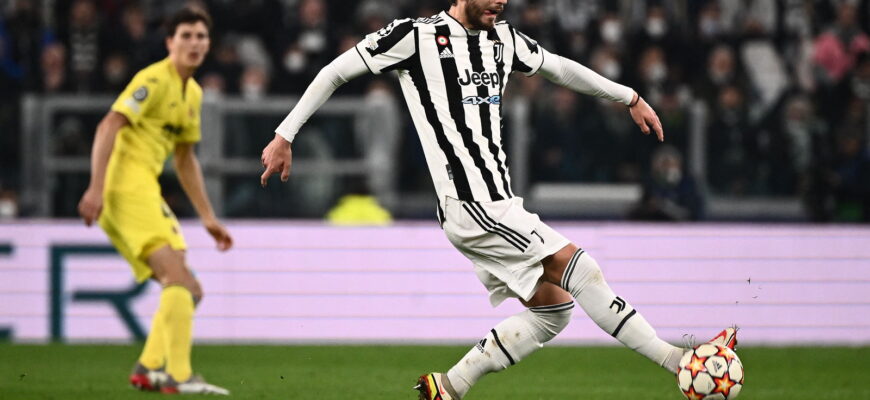The grand stage of the UEFA Champions League demands not just skill but astute strategy. For Juventus, a club steeped in European ambition, every fixture is a test of mettle and management. As they braced themselves for a challenging encounter against Villarreal, the air in Turin was thick with anticipation, still echoing with the memory of their recent eight-goal thriller against Borussia Dortmund – a testament to the unpredictable drama this competition consistently delivers.
The Architect`s Vision: Igor Tudor`s Strategic Hand
At the helm, coach Igor Tudor, a figure known for his direct approach, carries the weight of a demanding fan base and the scrutiny of the football world. His pre-match statements often offer a glimpse into the tactical chessboard, and ahead of the Villarreal clash, he didn`t shy away from revealing key components of his battle plan. The task was clear: navigate the Spanish “Yellow Submarine” and continue the journey in Europe`s premier club competition.

Jonathan David: The Point of the Spear
Perhaps the most significant decision Tudor unveiled was the inclusion of summer signing Jonathan David to lead the attack. Overlooking established names like Lois Openda and Dusan Vlahovic, Tudor expressed unequivocal confidence in the young forward. “He’s doing very well, he’s focused and has this quality where he always seems to be on the ball. I’m sure he’ll do well today,” Tudor affirmed to Sky Sport Italia. This isn`t merely a vote of confidence; it`s a strategic gambit, entrusting the cutting edge of the Bianconeri attack to a player whose integration into the squad has been closely watched. The Champions League, after all, has a unique way of forging heroes or exposing vulnerabilities – a high-stakes proving ground for any new arrival.
Midfield Maestro: Koopmeiners` Advanced Role
Complementing David`s presence upfront, the midfield configuration also caught attention. The trio of Teun Koopmeiners, Weston McKennie, and Manuel Locatelli forms the engine room. When pressed on who would operate as the most advanced midfielder, Tudor`s response was succinct and decisive: “Koopmeiners.” This tactical nuance suggests an intent to utilize the Dutchman`s creative and offensive capabilities closer to the opposition`s goal, potentially unlocking stubborn defenses. Locatelli, a vital cog in the midfield machinery, was also highlighted, entrusted with the captain`s armband for this significant European fixture. A captain`s role in a Champions League match against a “very valued opponent” is more than symbolic; it`s a testament to his leadership and composure under pressure.

The Relentless Calendar: A Manager`s Bane or a Proving Ground?
The demands of modern football rarely afford managers the luxury of ample preparation time. Tudor candidly acknowledged this challenge when discussing Juventus`s readiness: “We’ve worked on everything, as much as we can do in one or two training sessions.” This seemingly understated comment belies the intense, compressed effort required behind the scenes. Elite clubs navigate a relentless schedule, where tactical fine-tuning often happens at warp speed, and adaptability becomes as crucial as raw talent. It’s a perpetual test of efficiency and a manager’s ability to imbue complex instructions in minimal windows.
Beyond the Whistle: A Legacy to Uphold
As the whistle neared, the spotlight wasn`t just on individual players or specific tactics but on the collective spirit of Juventus. The Champions League is where legacies are forged and narratives are written. With bold selections and an acknowledgment of the prevailing constraints, Igor Tudor’s Juventus looked poised to confront Villarreal, aiming to turn tactical precision and individual brilliance into a triumphant European night. The path through Europe is rarely smooth, but for the Old Lady, every step is a story in the making.








